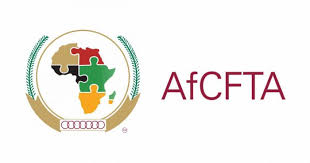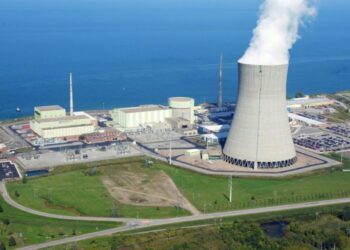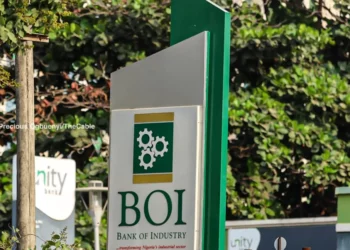To fully harness AfCFTA’s benefits, Nigeria must address critical challenges such as corruption, inconsistent policies, and power outages.
This is even as experts agreed that decisive action and enabling policies are essential to ensure Nigeria’s participation in AfCFTA to foster national prosperity and drive Africa’s collective economic transformation.
Economic experts also stated that Nigeria’s active participation in the African Continental Free Trade Agreement (AfCFTA) is imperative to drive regional trade and economic growth across Africa.
As the continent’s largest economy and most populous nation, Nigeria is positioned to promote industrialisation, diversify exports, and achieve sustainable development through the agreement.
Despite its heavy reliance on oil, which accounted for over 90 per cent of total exports as of 2023, the AfCFTA offers Nigeria a chance to expand its export base and reduce its dependence on oil. The agreement provides access to a market of over 1.3 billion people and a combined GDP of $3.4 trillion.
The Nigerian Export Promotion Council estimates that targeted export initiatives under AfCFTA could generate up to $30 billion annually in non-oil revenue by 2035. Key sectors like agriculture, manufacturing, and fintech are expected to thrive, with fintech benefiting from Africa’s growing digitalisation.
United Nations deputy secretary-general Amina Mohammed described AfCFTA as an “unparalleled opportunity” for Nigeria to lead Africa’s economic transformation. Similarly, finance minister Wale Edun highlighted government efforts to tackle socio-economic challenges, including digitising social welfare programs for greater transparency.
National coordinator of the Nigeria AfCFTA Coordination Office, Segun Awolowo, emphasised the agreement’s potential to create jobs, foster industrialisation, and promote inclusive growth.
He urged Nigeria to prioritise export growth to combat poverty and unemployment.
Despite its potential, Nigeria faces significant hurdles, including trade barriers, poor infrastructure, and high logistics costs. The 2019 border closure underscored the importance of effective cross-border policies.
Experts have called for streamlined customs processes, reduced tariffs, and infrastructure investments such as the Lagos-Ibadan railway and Lekki Deep Sea Port to enhance trade competitiveness.
The African Development Bank estimates Africa’s annual infrastructure financing gap at $68–$108 billion, with closing this gap essential for AfCFTA’s success. The World Bank projects that AfCFTA’s full implementation could lift 30 million Africans out of extreme poverty, with Nigeria positioned as a major beneficiary.
A 2023 PwC report forecasts a 40 per cent GDP growth for industrialised African nations, including Nigeria, by 2030 under AfCFTA. Nigeria’s focus on value-added sectors like textiles, agro-processing, and pharmaceuticals is expected to attract foreign investment and create millions of jobs.
Policy analyst Amina Bello noted that small and medium enterprises (SMEs) stand to benefit significantly from access to larger markets. However, she stressed the need for funding, training, and vocational programs to close skill gaps and prepare Nigeria’s workforce for regional competition.





